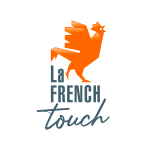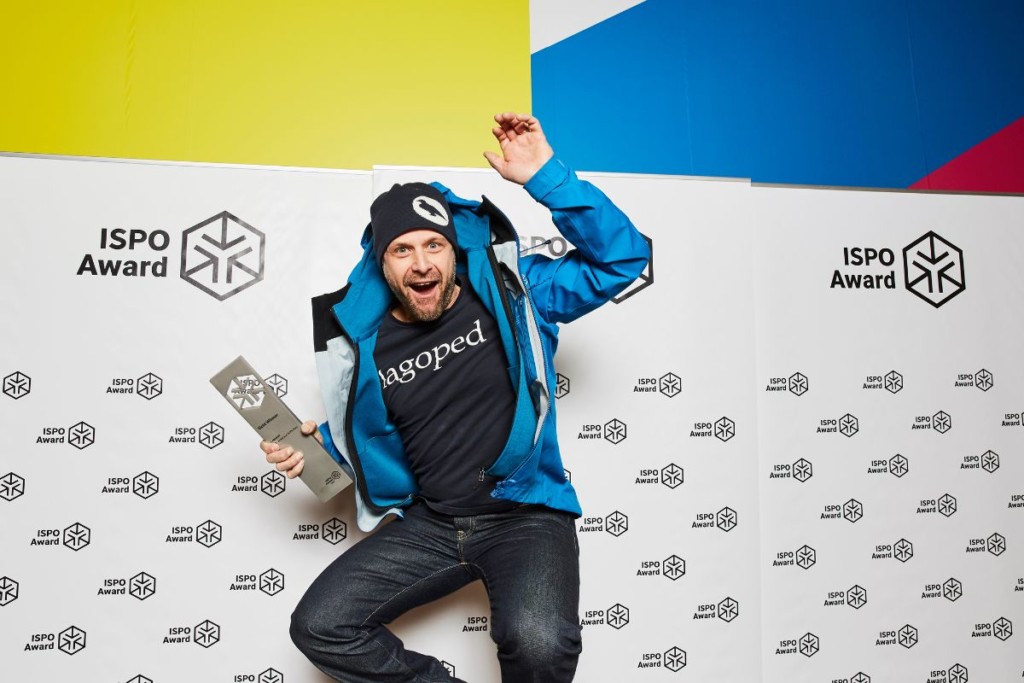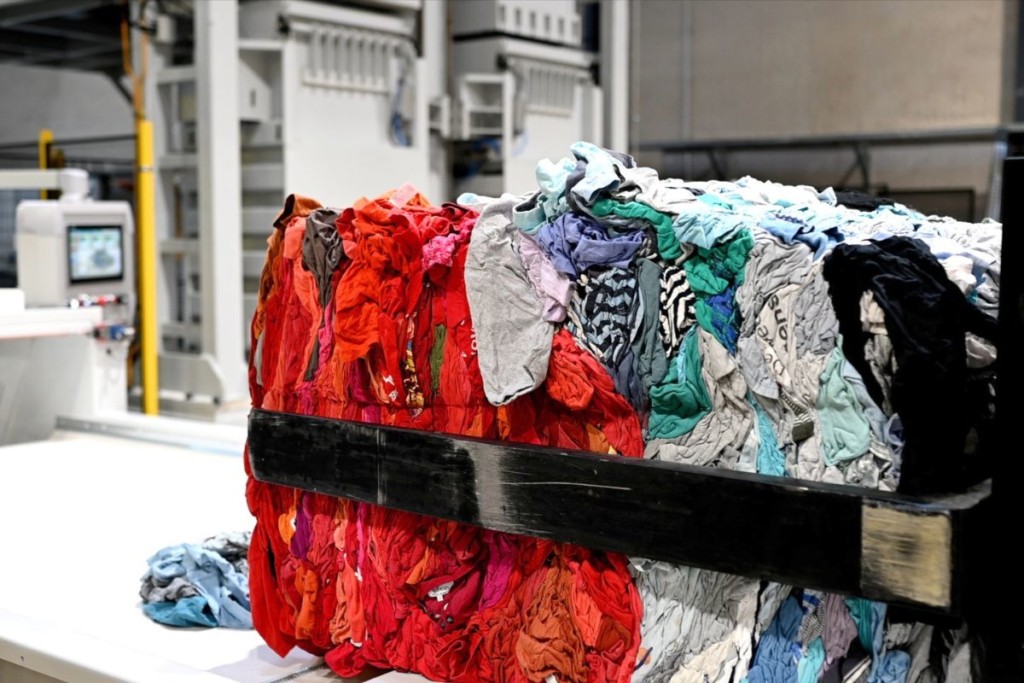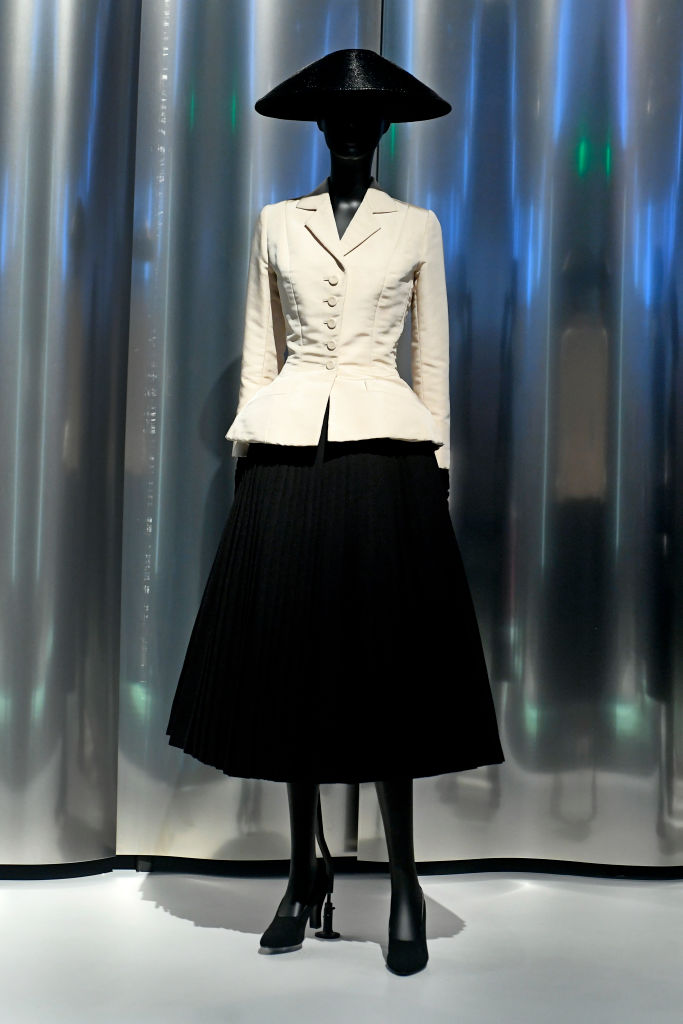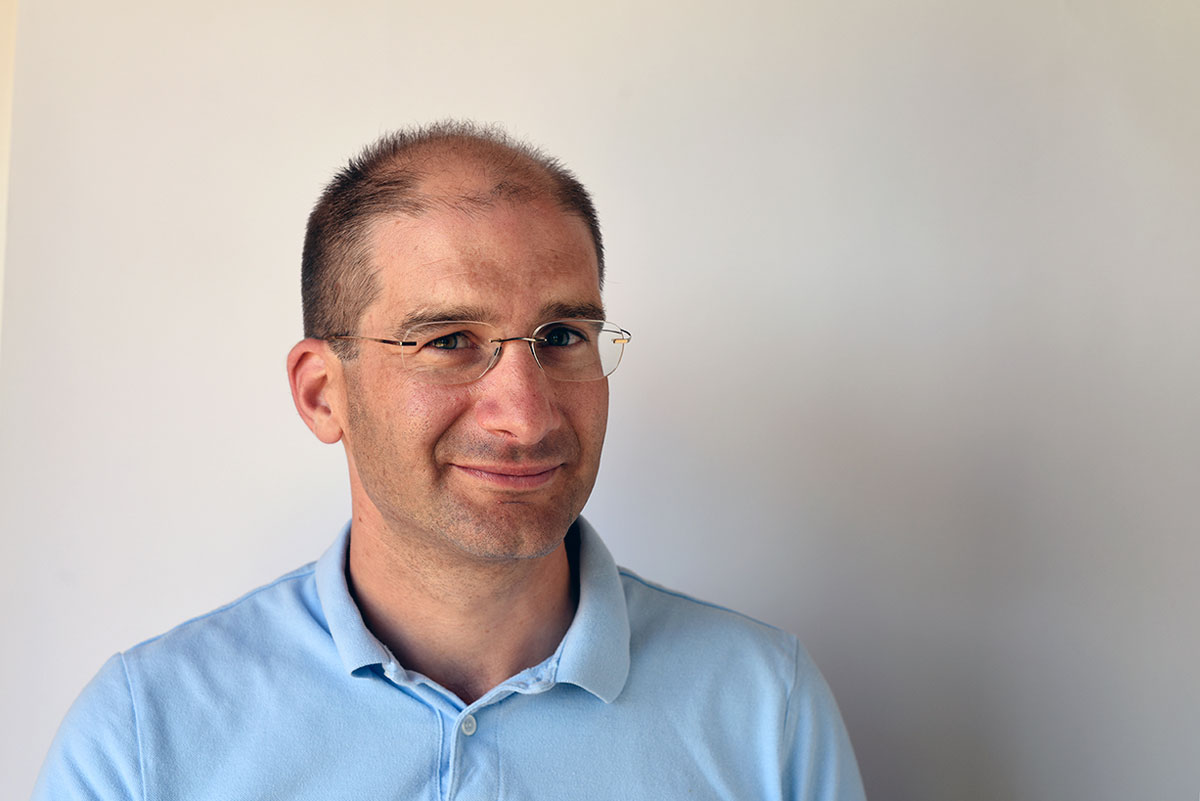
A member of La French Touch, the Lille startup offers a collaborative digital platform to enable fashion brands and their partners to produce efficiently, agile and transparently. The digitization of the entire production being the key to on-demand production! Interview with Pierre de Chanville, co-founder of TEKYN.
Make fashion more sustainable while remaining profitable. Created in 2017 by Pierre de Chanville and Donatien Mourmant, TEKYN has developed a digital platform to streamline and modernize the textile production chain. The key for the brands: production adjusted to demand, more economical and more ecological. " A third of the clothing production goes into the trash without being worn. It seems absolutely incongruous that in our time, we can still produce so much waste from new products with a very large environmental footprint. We are talking about materials that are either derived from petroleum or grown in highly water-consuming environments. », Emphasizes Pierre de Chanville. TEKYN therefore allows brands to begin their transition to a sustainable and responsible production.
TEKYN's ambition is to digitize the textile industry with an on-demand production approach. Concretely, what does this mean?
-
For 4 years, TEKYN has been developing technologies that allow brands to switch from mass production on the other side of the world to on-demand production.
Today, around fifty people, including two thirds of technical staff, are jointly developing a digital platform that has the specificity of being collaborative and 4.0. It is this solution that allows brands to switch to production on demand, and to restock only with the models and sizes they sell.
A way to relocate textile production in France?
-
Yes, but not only. Today, we are seeing a gradual transition from Southeast Asia to Europe globally. If we ask brands that have always produced in Southeast Asia to massively switch to made in France, they won't be able to do it all at once. On the other hand, they will go through a phase of close import and then of made in France. Bringing the tools that make it possible to do so greatly promotes this movement.
For what reasons ?
-
For two reasons. A first which is a simple question of productivity. From the moment we add digitization, we reduce the hazard rate and we produce closer to the end customer at a more reasonable price. By offering this agility to brands, we give them the opportunity, without distorting themselves, to have their first experience of relocation in order to encourage them little by little to bring their production closer together.
The second reason is the colossal mass of unsold items. Today, more than a third of the garments produced are worn only once or never by consumers. This is a big loss for brands. Switching to on-demand production therefore allows them to make enormous savings.
With the entry into force of the anti-waste law, it is now forbidden to throw away non-food products. Is it a godsend for TEKYN's solution?
-
I would rather say that we are a godsend for the anti-waste law. Without a solution, it could not really be implemented. However, the solutions must be built. In Europe, we lag behind in terms of automation compared to the countries that have been the major manufacturers for the past decades.
In addition, some brands and manufacturers are not yet ready to set up production on demand, which has however already demonstrated its profitability.
Which brands are already convinced by your solutions?
-
On the one hand, we work with DNVBs (note: Digital Native Vertical Brand, brand born on the internet), such as 1083. These are players who look to the future, who are natively digital and who therefore understand very well the tools we put in place. As a general rule, they have growth issues in which the fact of producing on demand is a huge asset compared to their BFR (note: working capital requirement). In addition, it allows them to free themselves from alternative models that limit their sale, such as pre-ordering or long delivery times. It's a very important engine for this kind of brand. And with our platform, we bring them the full dimension of production traceability to be able to assert their ecological positioning.
But we also work with different types of retailers. Some are more digital, like La Redoute, or even with brands that have a large physical distribution network like IKKS or Promod for example.
Similar items
- All
- Visual arts & Art de vivre
- Film & Audiovisual
- Edition
- Video games
- Fashion & Design
- Music & Performing Arts
